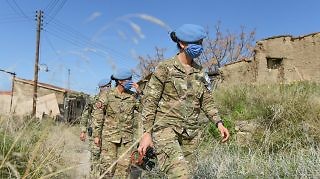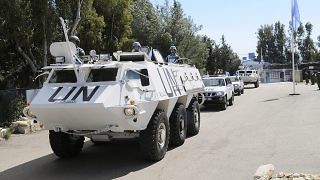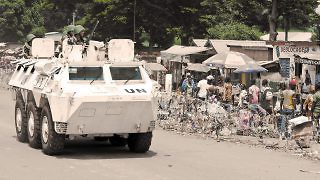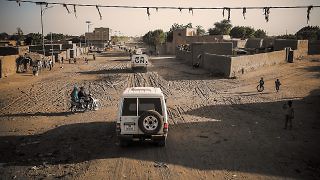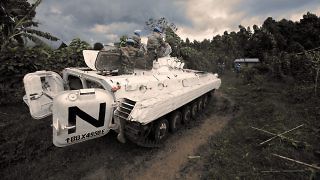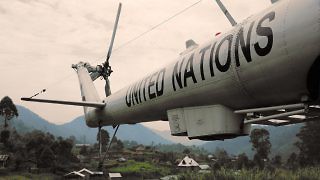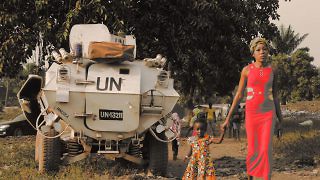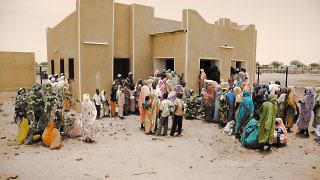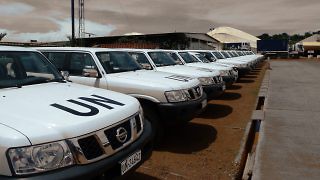The UN, in its implementation of A4P+, must address the heavily masculine, exclusionary, and militarized structures which often preclude women (and anyone outside of a very particular gendered profile) from deploying.
Tag: Action for Peacekeeping
-
-
Today, Secretary-General António Guterres is convening a High-Level Event with over 101 heads of state and government, an extraordinary convergence of countries reaffirming their commitment to UN peacekeeping.
-
The A4P process doesn’t introduce fresh proposals, but Security Council members can make good use of it to review their expectations of existing UN peace operations, and to revamp the mandating process.
-
Nobody wants to create a complex or time-consuming reporting system to track A4P. The best option would be to find light-weight mechanisms.
-
Improving performance will require significant, high-level political engagement by numerous stakeholders across many areas of peacekeeping—which is exactly what the A4P initiative seeks to engender.
-
To understand peacebuilding, it is important to draw out lessons and identify how the A4P initiative can apply them to aspects of peacekeeping.
-
The challenge at hand is the dynamic between peacekeeping and counterterrorism efforts, especially as partnerships have expanded.
-
The debate over increased consideration for “people” needs to go beyond the need for enhanced community engagement.
-
The inclusion of partnerships in the A4P initiative creates the need for a closer look at one of the UN’s most important partners when it comes to peacekeeping, the African Union.
-
Responding to the needs of the people can put peacekeepers in direct conflict with the government of the country that is hosting them, and the A4P agenda can kickstart an effort to address this conflict.
